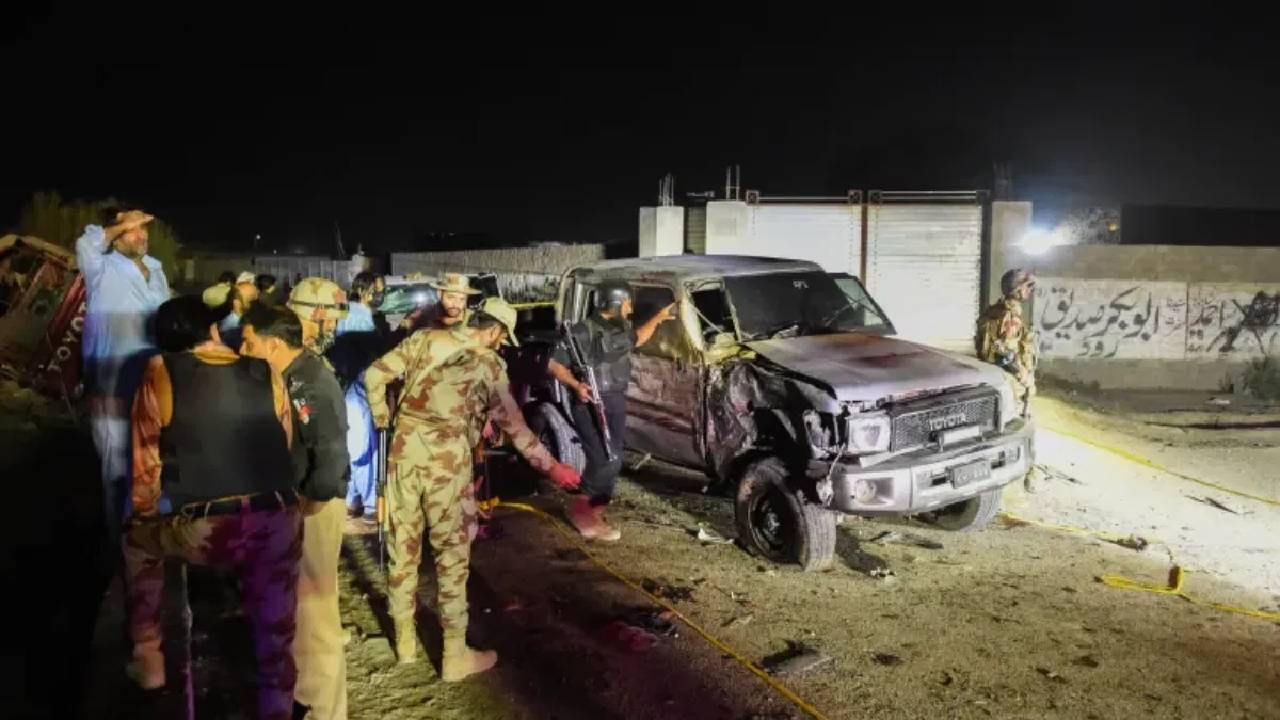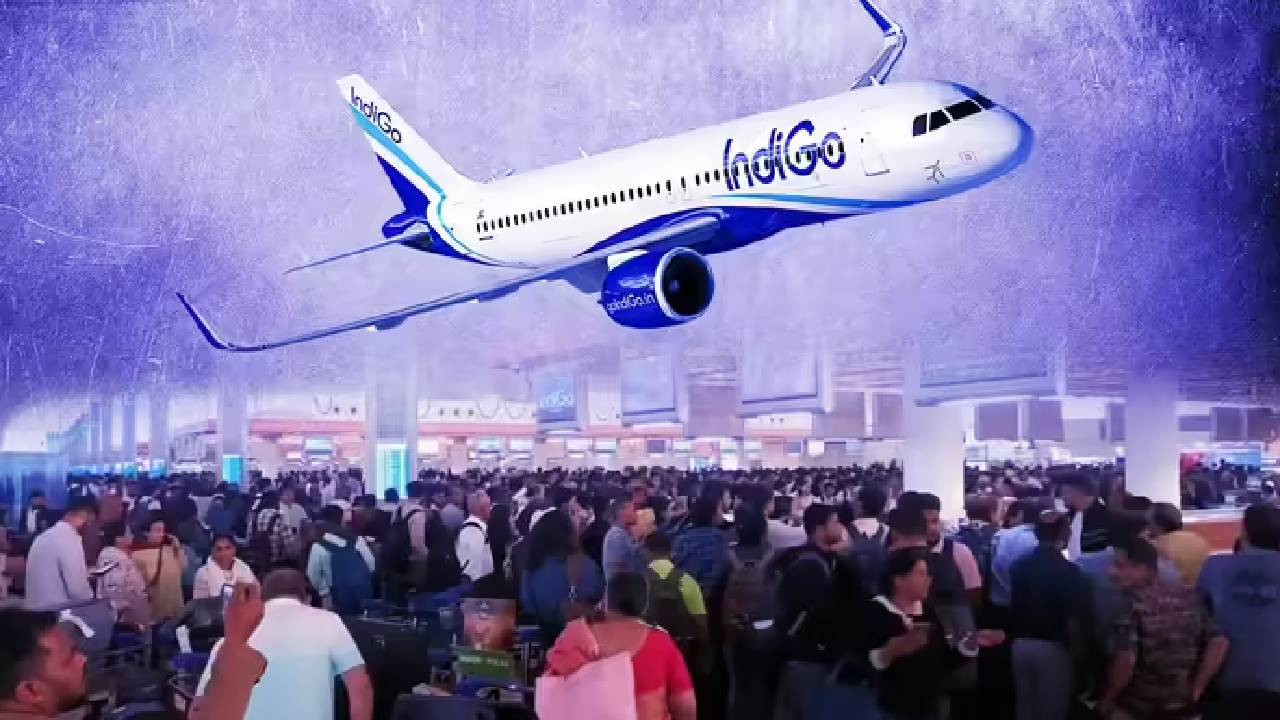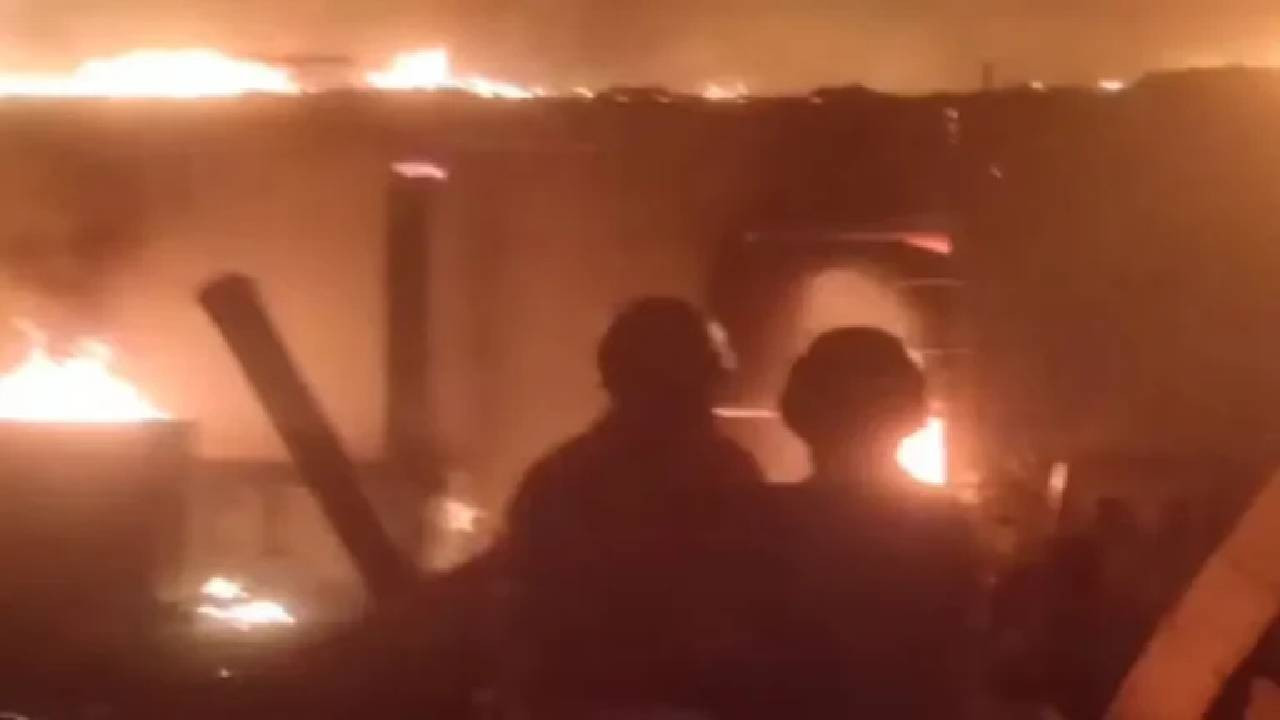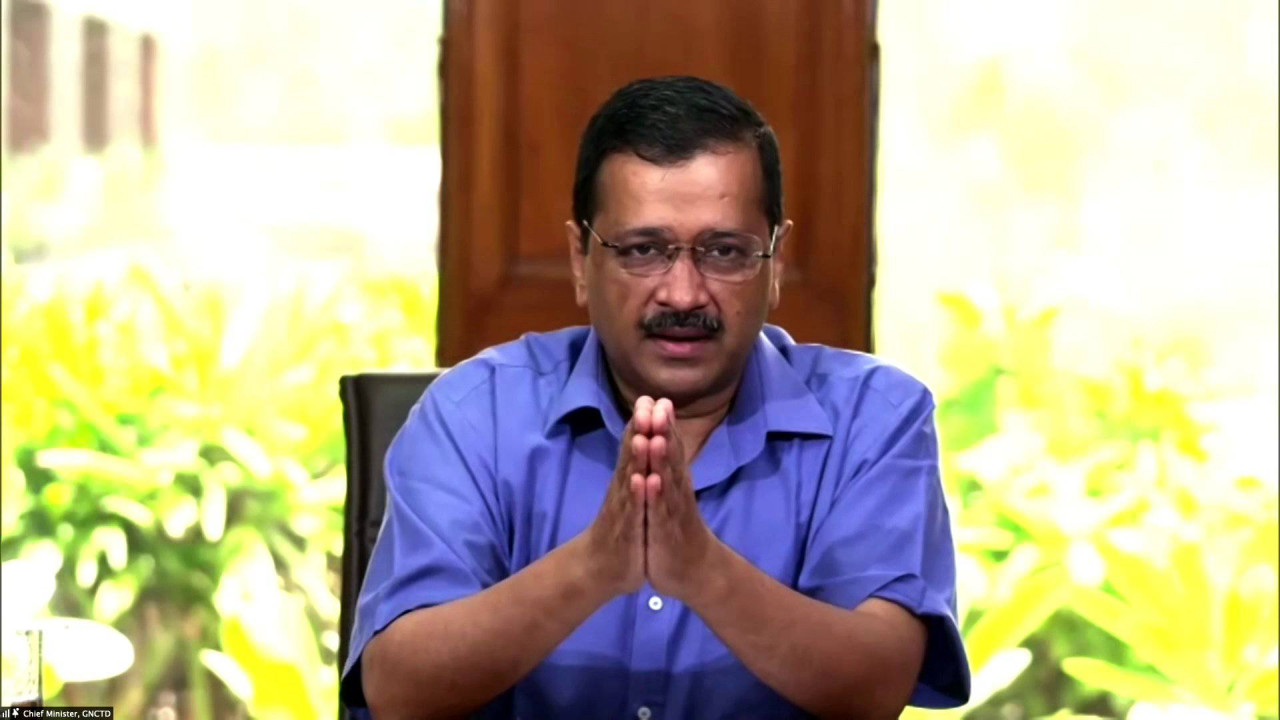International news: In Quetta, the capital of Balochistan, a political rally of the Balochistan National Party (BNP) turned into chaos. A suicide bomber detonated explosives in the stadium’s parking lot, killing at least eleven people. More than forty were left wounded in the blast. The BNP had gathered hundreds of supporters demanding rights for Baloch communities. The shock spread quickly across the city.
Carnage near Iranian border
The same day, another attack struck near the border with Iran. A homemade bomb ripped through a convoy of paramilitary troops, killing five and injuring four. Local officials said the attackers hid explosives on the roadside. The region has long been a corridor of smuggling and armed activity. The strike highlighted how insurgents still operate freely in remote areas.
Military base faces assault
Farther north in Khyber Pakhtunkhwa, militants launched a deadly attack on a paramilitary headquarters in Bannu. A suicide bomber rammed a vehicle packed with explosives into the camp gate. After the blast, five more attackers stormed inside. Soldiers fought back in a fierce twelve-hour gunbattle. By dawn, six soldiers and all six attackers lay dead. The violence shocked military families across Pakistan.
Rebel group claims responsibility
The little-known group Ittehad-ul-Mujahideen Pakistan later claimed responsibility for the Bannu assault. Security experts fear the outfit is trying to emerge as a new face of militancy. The group reportedly mixes fighters from older banned organizations. Officials worry that its growing links could trigger fresh waves of attacks. For locals, the assault confirmed their worst fears: that terrorism is far from over.
Balochistan’s long-running grievances
Balochistan, despite its natural wealth, remains Pakistan’s poorest province. For decades, residents have complained of neglect and exploitation by central authorities. The BNP campaigns for more investment in health, jobs, and education for Baloch people. Anger has grown over Chinese-led projects under the Belt and Road Initiative. Many locals believe outsiders profit while Baloch families remain in poverty. These feelings fuel unrest.
Spiraling violence this year
According to reports, more than 430 people have died in militant attacks in Balochistan and Khyber Pakhtunkhwa since January. Last year alone, violence in Balochistan killed 782 people. Despite military operations, insurgents continue to strike at will. Analysts warn that poverty, lack of political dialogue, and poor governance allow militancy to survive. Without reforms, bloodshed may only deepen in the future.
Pakistan faces uncertain future
The government faces a mounting crisis as attacks multiply. Each bombing erodes public confidence in the state’s ability to protect its citizens. Political leaders promise stability but offer few solutions. Ordinary Pakistanis, especially in rural and border areas, live under constant fear. The nation’s future depends on whether it can balance security operations with economic justice. Without both, peace will remain distant.













